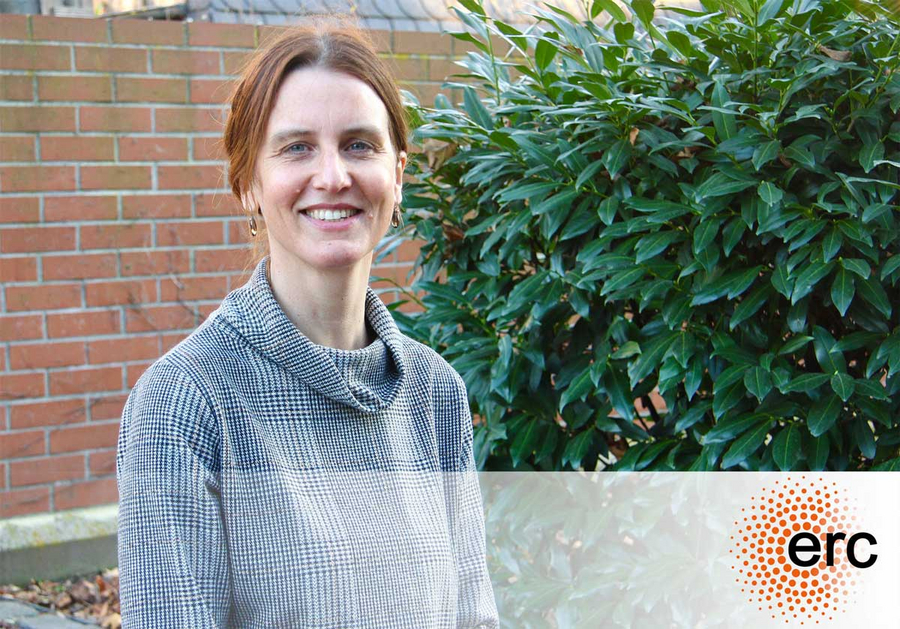
Nadine Vastenhouw © MPI-CBG
The European Research Council (ERC) announced the winners of its latest Consolidator Grant competition for ambitious mid-career researchers today. The 327 laureates who were awarded the 2020 ERC Consolidator Grants will now be able to tackle big scientific questions at research centers across Europe. Nadine Vastenhouw, currently research group leader at the Max Planck Institute of Molecular Cell Biology and Genetics (MPI-CBG) in Dresden, is amongst the winners! The funding is part of the EU’s current research and innovation program, Horizon 2020, and the winners will receive in total 655 million Euros. With this support, the new grantees will be able to consolidate their teams and have far-reaching impact. The ERC Consolidator Grants are awarded to outstanding researchers of any nationality and age, with at least seven and up to twelve years of experience after PhD, and a scientific track record showing great promise.
Nadine’s research group will move to the Université de Lausanne in January 2021, where Nadine will be an Associate Professor. She received the grant for her project “Understanding gene regulation in nuclear space”. Nadine explains: “It is quite clear now that the nucleus is not some disorganized bag of DNA and transcription factors. Rather, both the genome and the machinery that transcribes it are highly organized in nuclear space. How this organization is established, and how it impacts gene regulation is not clear. We will use the very beginning of transcription in zebrafish embryos to dissect how the transcriptional machinery and genes come together in nuclear space to regulate transcription.”
Congratulations Nadine!
Saxony's Science Minister Sebastian Gemkow: "I wish to congratulate Ms. Vastenhouw sincerely on this prestigious recognition of her research. European research and innovation funding is an indispensable factor for social and economic development, both for Saxony and for Europe overall. Since 2014, almost 500 million euros have been allocated to universities, research institutions and companies in Saxony from the EU's current research funding program Horizon 2020. Only by working together we can prepare ourselves for global competition in Europe and work on solutions for pressing challenges."
37% of grants were awarded to female researchers, the highest proportion since the start of the Consolidator grant scheme. Overall, the success rate for women was 14.5% and for men 12.6%. In the Physical Sciences and Engineering domain the success rate of women exceeded that of men: it was 16.9% for women and 12% for men. In Life Sciences domain women won 15% and men won 12.9% of the grants.
About the ERC
The European Research Council, set up by the European Union in 2007, is the premiere European funding organization for excellent frontier research. Every year, it selects and funds the very best, creative researchers to run projects based in Europe. It offers four core grant schemes: Starting, Consolidator, Advanced and Synergy Grants. With its additional Proof of Concept grant scheme, the ERC helps grantees to bridge the gap between grantees' pioneering research and early phases of its commercialization.To date, the ERC has funded some 9,000 top researchers at various stages of their careers, and over 50,000 postdocs, PhD students and other staff working in their research teams.
ERC Press Release
Press Release of the Saxon State Ministry for Science, Culture and Tourism (in German)